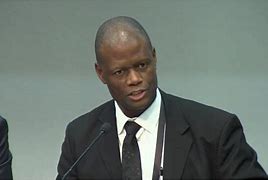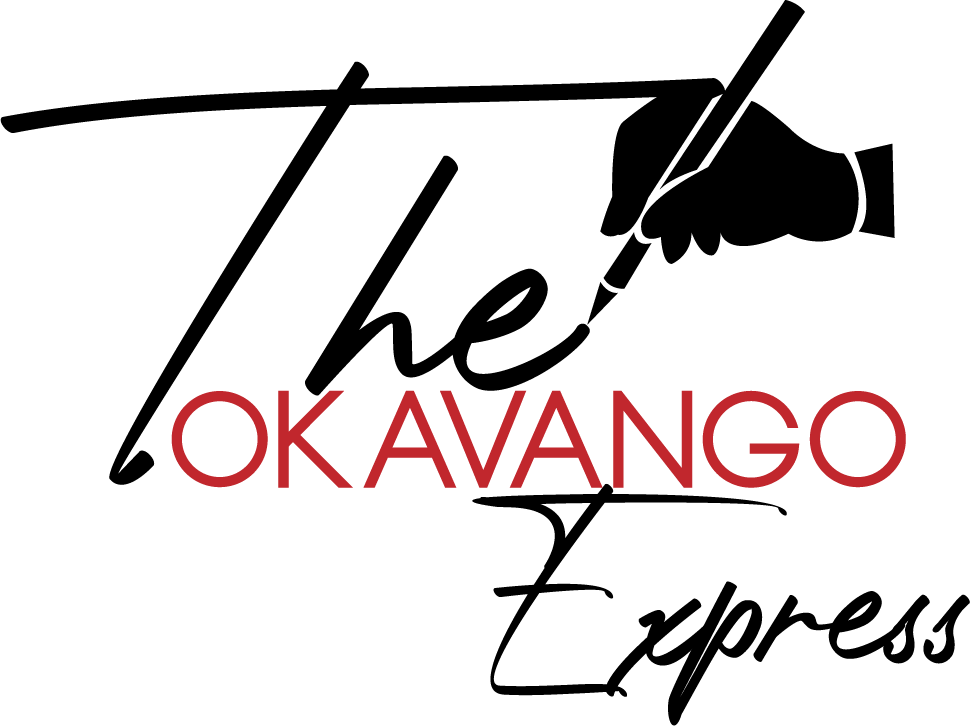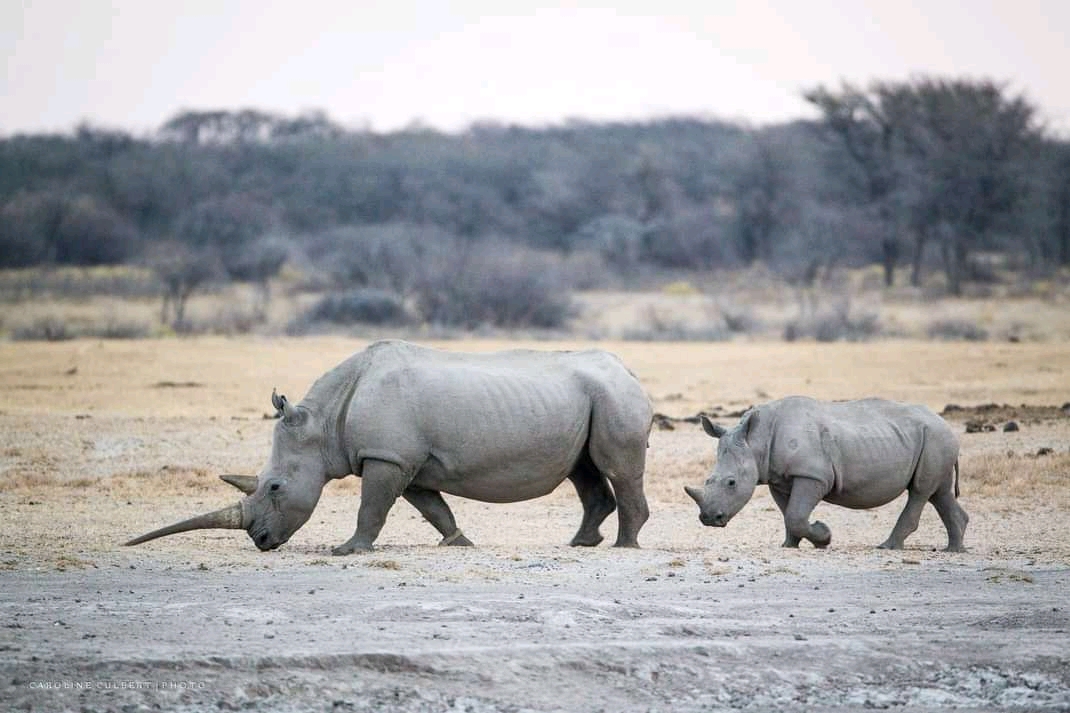Boniface Keakabetse
Professor of tourism studies at University of Botswana Joseph Mbaiwa has challenged Botswana Government to learn from the Namibian community model of rhino conservation.
Professor told The Okavango Express that the recent rhino poaching in the Okavango Delta was a disaster waiting to happen owing to lack of community involvement in the rhino conservation.
Rhinos were reintroduced in to the Okavango Delta from South Africa from 2000 -2013 under the Botswana Rhino Reintroduction Project which was initiated through a partnership between Government and safari companies. Professor Mbaiwa noted that the mistake with this ambitious project was its exclusion of the communities.

Professor Mbaiwa said: ‘’ communities were not consulted during this project. Government classified rhino conservation. They forgot that the Delta is a large area and the rhinos had to coexist with the resident communities.’’
Mbaiwa equated Botswana rhino conservation to what he called fortress conservation: a model based on the believe that biodiversity protection is best achieved by isolating ecosystems from humans. ‘’ we should have benchmarked on how the Namibian Government involved their communities in the conservation of the Desert dwelling Critically Endangered black rhinos (Diceros bicornis) .
’’ The Namibian rhino conservation is a success because the community were involved from the word go’’, said Mbaiwa.
Professor’s sentiments were echoed by Luke Motlaleselelo representative of the Okavango Delta settlements at the local North West District Council. Motlaleselelo’s council ward comprise of ungazetted settlements of Quxao, Ditshiping, Xaxaba and Daunara a range of rhinos in the Okavango Delta.
Motlaleselo stated: ‘’. Government should have known that in translocating the rhinos from South Africa they were also importing the poaching burden. It was obvious that poachers would soon follow the rhinos here. The best thing was to consult and partner with us the communities. I hope they learnt a lesson that communities do not fake conservation. We are living it. We have lived with these animals since eternity. That did not happen. Instead they viewed us as poachers.’’

Motlaleselo further claimed that the rhino relocation was motivated by tourism interests more than conservation. ‘’ Botswana was more concerned about the publicity it got with the story of rhino relocation from South Africa where rhinos were massacred by poachers to Botswana. The country projected herself as a safe haven for rhinos. But there was little preparation and engagement of communities where the rhinos were brought.’’
Senior community escort guide at Okavango Kopano Mokoro Community Trust Monopane Namanga told The Okavango Express that since the relocation of rhinos from the delta, the level of poaching has gone down. ‘’ the rhinos were putting a lot of pressure on us. There was too much poaching. However since Government translocated the rhinos the only poaching we are experiencing is subsistence poaching which is not that prevalent. ‘’
Director of Department of Wildlife and National Parks (DWNP) Dr. Kabelo Senyatso told The Okavango Express that issues of rhino poaching are classified operational issues which could not be shared with public or the media. ‘’ we are not going to be apologetic. These are issues of operation. That decision was taken owing to the gravity of the problem we were dealing with.’’
Dr. Senyatso said in future they will engage and work with the communities. ‘’ consultation has always been the cradle of Botswana’s democracy. As a country we have always consulted and partnered with our communities for natural resources conservation through the Community Based Natural Resources Programme and we will continue doing that. ‘’
Dr. Senyatso further stated that Botswana is formulating a poaching strategy which will enable the country to fight poaching more efficiently. He added that the strategy will be implemented by law enforcement agencies involved in anti-poaching being Botswana Police Service, DWNP, Directorate of Intelligence Services and Botswana Defense Force. ‘’ As the Environment ministry we have made our contributions to the strategy. We are waiting for the other agencies to make theirs and hopefully the strategy will begin to be implemented midyear.’’

